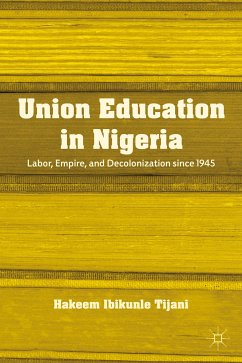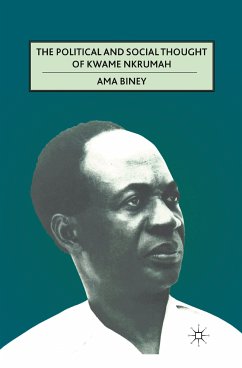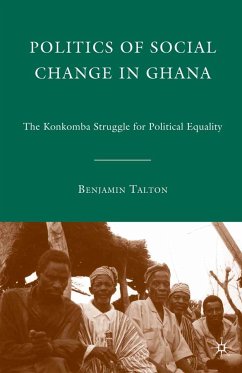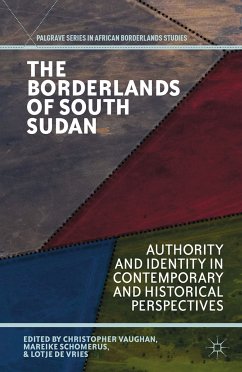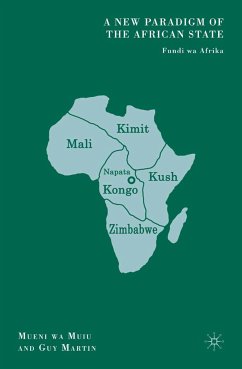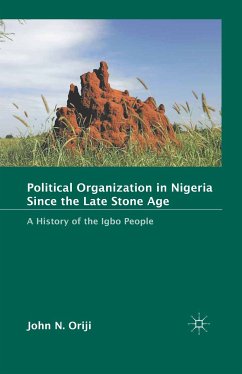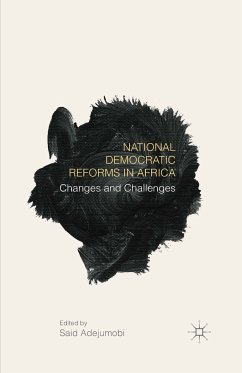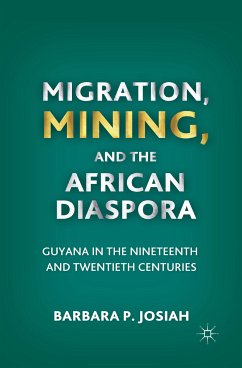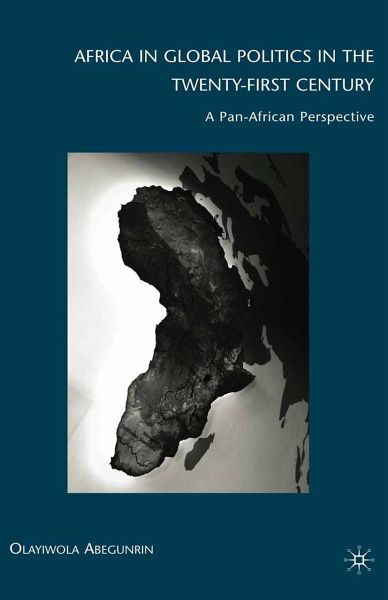
Africa in Global Politics in the Twenty-First Century (eBook, PDF)
A Pan-African Perspective
Versandkostenfrei!
Sofort per Download lieferbar
36,95 €
inkl. MwSt.
Weitere Ausgaben:

PAYBACK Punkte
18 °P sammeln!
In the twenty-first century, Africa has become an important source of US energy imports and the world's natural resources. It has also become the epicentre of the world's deadly health epidemic, HIV/AIDS, and one of the battlegrounds in the fight against terrorism. Africa is now a major player in global affairs.
Dieser Download kann aus rechtlichen Gründen nur mit Rechnungsadresse in A, B, BG, CY, CZ, D, DK, EW, E, FIN, F, GR, HR, H, IRL, I, LT, L, LR, M, NL, PL, P, R, S, SLO, SK ausgeliefert werden.



